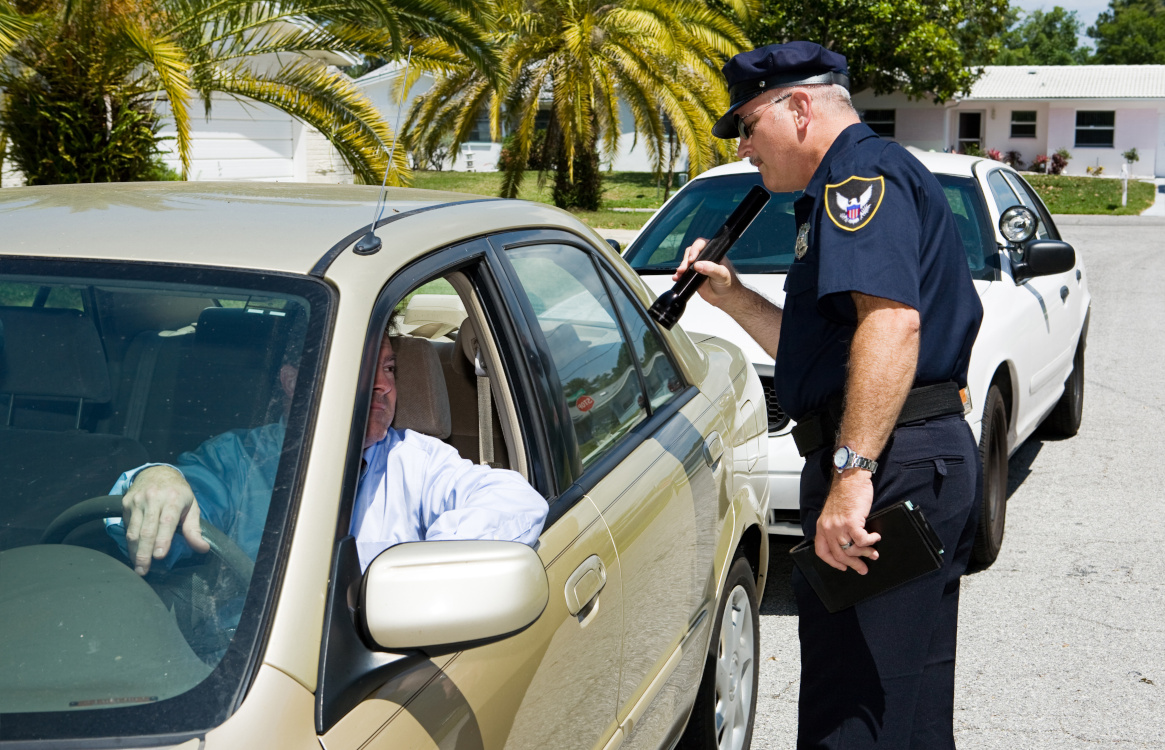Recently, this blog has focused on ways that searches conducted pursuant to traffic stops may constitute Fourth Amendment violations and how those violations may allow you, as the accused, to win motions suppressing key evidence in your trial. This is important given how many criminal cases start as traffic stops. Given the high stakes involved, getting legal representation from an experienced Santa Barbara criminal defense lawyer is often essential to obtaining the best possible result when it comes to winning these types of motions.
Sometimes, an officer has a valid basis for a traffic stop but the eventual search violates the Fourth Amendment because the stop took longer than the court considered necessary to address a traffic violation.
Last year, though, a drug case from Northern California illustrated a different way you can win a motion to suppress, which is contesting the validity of the initial stop itself.
By the police officer’s own testimony, the driver in question twice approached stop signs and twice properly stopped. At the second stop sign, the man turned right. According to the officer, the man only activated his vehicle’s right turn signal “just prior” to making the turn.
The officer pulled the man over. The driver disclosed that he was on parole, so the officer searched the driver and found a pill bottle. A subsequent search of the man’s vehicle turned up “a loaded semiautomatic handgun, a baggie containing methamphetamine and a jar containing marijuana,” in addition to a cell phone with text messages pointing to the man’s “involvement with possible drug sales.”
The Court of Appeal concluded that the driver was entitled to suppression of the evidence seized in the search. The law says that an officer who conducts a traffic stop must possess an “objective basis for suspecting the particular person stopped of breaking the law.” To meet that standard, the officer must possess only a reasonable belief that a traffic violation occurred. That’s true even if the belief ultimately was wrong.
A Violation Required More Than Just a Failure to Signal
In this Solano County case, though, the officer’s belief wasn’t reasonable. The basis for the stop was a purported violation of Vehicle Code Section 22107. That statute says that a driver shall not “turn… until such movement can be made with reasonable safety and then only after the giving of an appropriate signal… in the event any other vehicle may be affected by the movement.” This driver, however, turned right after making a complete stop at a stop sign. The prosecution argued that, because the driver signaled his right turn only moments before turning and because other vehicles were present at the intersection, the turn represented a violation of the statute.
As the appeals court explained, the law requires more. The statute specifically requires proof that other vehicles were affected by the movement to establish a violation. The prosecution had no evidence that the man’s turn could have affected any other vehicle at the intersection, including the officer’s patrol car. That absence meant the officer lacked a reasonable belief that a violation of Section 22107 had occurred which, in turn, made the stop improper and the search illegal.
Law enforcement officers have many “tricks of the trade” for stopping people they suspect of criminal wrongdoing. Some of those tactics represent constitutional violations (like unreasonable searches and seizures.) If your criminal matter started with a dubious (or blatantly bogus) traffic stop, you may be able to use those facts to your advantage in your criminal case. When it comes to vindicating your constitutional rights in your criminal case, The Law Offices of Tristan Verburgt are here to help, offering extensive experience in fighting and winning these kinds of cases. To put the power of a skilled and experienced Santa Barbara criminal defense attorney to work for you, contact us online or call (805) 220-3923.








 by Ohava
by Ohava